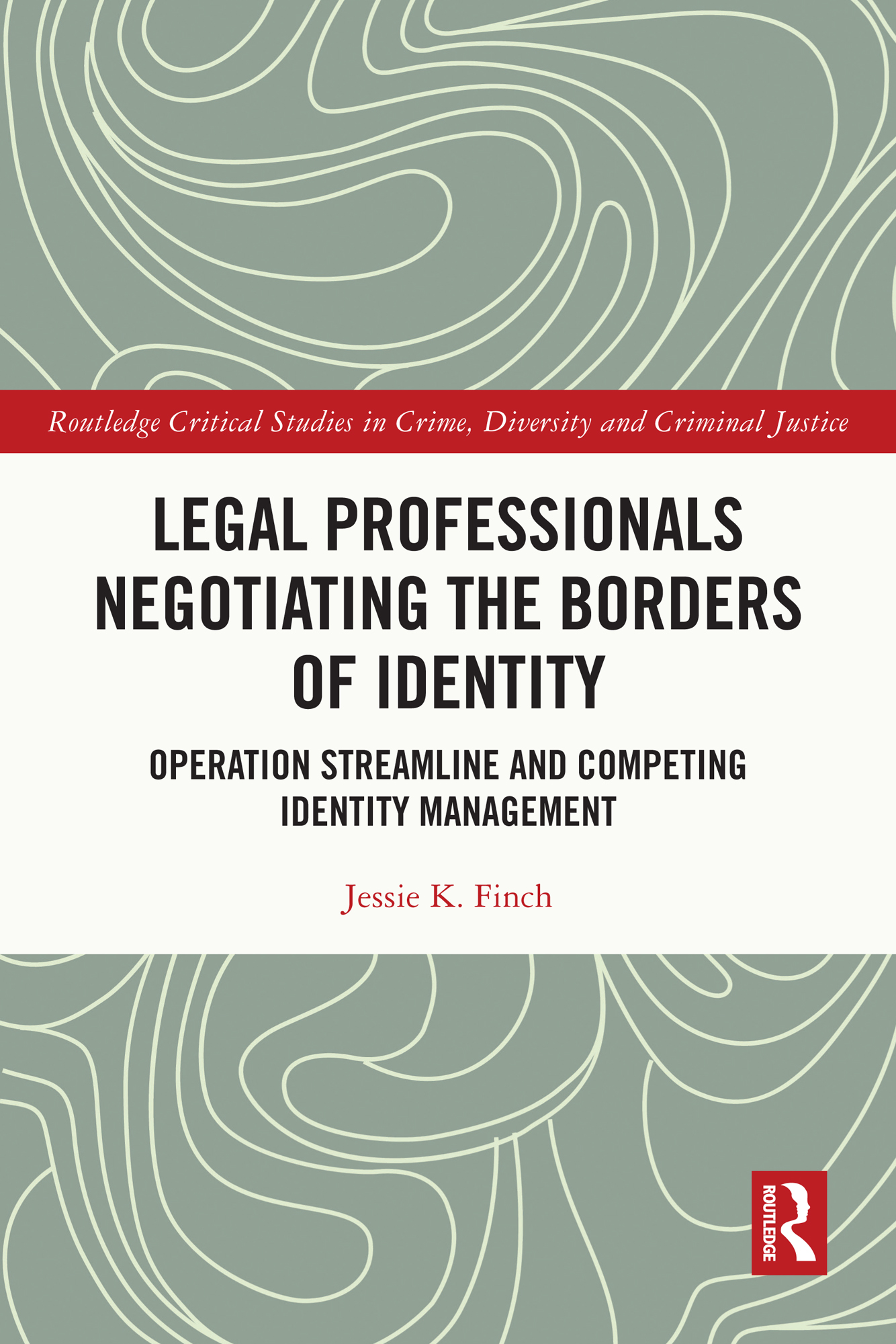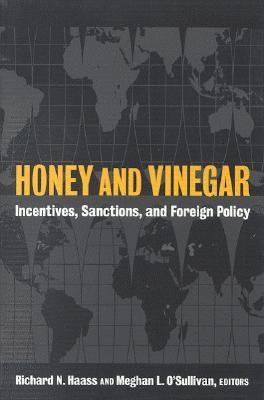This book uses a controversial criminal immigration court procedure along the México-U.S. border called Operation Streamline as a rich setting to understand the identity management strategies employed by lawyers and judges. How do individuals negotiate situations in which their work-role identity is put in competition with their other social identities such as race/ethnicity, citizenship/generational status, and gender? By developing a new and integrative conceptualization of competing identity management, this book highlights the connection between micro level identities and macro level systems of structural racism, nationalism, and patriarchy. Through ethnographic observations and interviews, readers gain insight into the identity management strategies used by both Latino/a and non-Latino/a legal professionals of various citizenship/generational statuses and genders as they explain their participation in a program that represents many of the systemic inequalities that exist in the current U.S. criminal justice and immigration regimes. The book will appeal to scholars of sociology, social psychology, critical criminology, racial/ethnic studies, and migration studies. Additionally, with clear descriptions of terminology and theories referenced, students can learn not only about Operation Streamline as a specific criminal immigration proceeding that exemplifies structural inequalities but also about how those inequalities are reproduced-often reluctantly-by the legal professionals involved.












